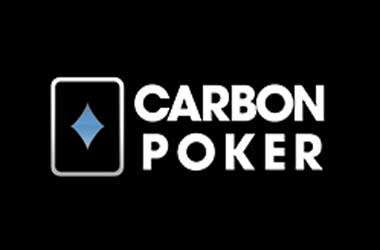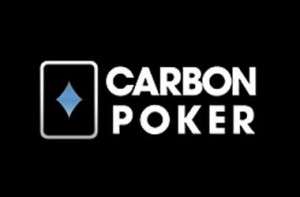Carbon Poker Ends VIP Program, Grinders Protest
Cost-saving measures at Merge Network flagship skin Carbon Poker will now include the virtual elimination of the site’s VIP program, a player-loyalty and retention promotion that is among several recent victims of a general belt-tightening process at Merge.
In a direct communication to affiliates and a follow-up e-mail to players, which was then published and confirmed via several outlets, Carbon will be discontinuing the VIP program as it currently exists as of July 14th. Players’ existing VIP Points balances will be converted to a more generic tally called “Player Points,” which will serve only as a tally for the clearing of bonuses. As of the cutoff date, VIP Points will no longer be redeemable for tournament entries or cash rebates.
The brief Carbon communication included the following text:
We have made some changes to how our VIP points function. Starting July 15th, VIP Points will be called Player Points and are only used as a tool to clear bonuses and track promotions.
Players will have until July 14th, 2014 to redeem their points to buy-in to tournaments.
Players can expect to see bigger promotions and exciting tournaments that will create huge value and benefits for them in the upcoming months.
The move was met with verbal protests on several player-centric poker discussion boards, especially by Carbon and Merge customers who had accumulated large numbers of VIP points, but now only have a handful of days in which to redeem for cash or tourney entries before the points become worthless for that purpose. Despite language generally found in online sites’ TOS (Terms of Service) that generally allows for changes to be made to such promotional programs without advance notice, many players argued that the nature of the Carbon program was designed to allow players to accumulate points to earn larger rewards, which will no longer be possible.
Last year, Carbon also removed its Carbon online-store offerings, which offered dozens of non-poker items that were also redeemable with VIP Points. Electronics, clothing, jewelry and gift cards were just some of the things Carbon’s online store once offered.
The virtual elimination of the VIP Points program, as noted, continues a streamlining and cost-cutting trend that has marked the Australian-based network’s operations over the past two years. Just last month, Carbon announced that it was folding its secondary flagship skin, Aced.com, and was rolling those Aced players into the Carbon Poker family.
A handful of other late changes at the network:
October 2013: Carbon and Merge streamlined the tiers in its long-running VIP program, making the top tier (25%) an invitiation-only program. Carbon eventually eliminated that invite-only tier, and now, has eliminated the entire VIP program;
January 2013: Carbon eliminated its 25% rakeback program, which was a primary component of the site’s and network’s post-UIGEA growth. Carbon has since falling well behind US-facing market leader Bovada in overall player traffic;
2012-2014: Carbon reacquires several independently owned Merge skins, returning greater financial control over cashflow to the network’s owners. Over time, Merge reabsorbed dozens of under-performing or conflicting skins. Unsubstantiated reports suggested that Carbon and other large Merge skins were damaged financially by the predatory practices of Lock Poker, which for a short while called the Merge Network home.
Merge and Carbon officials have managed to steer clear of major confrontations with US officials. The network, like several of the other larger US-facing networks, voluntarily pulled its services from the three formally regulated US states of Nevada, New Jersey and Delaware after New Jersey law enforcement officials threatened action against US-based online affiliates who advertised for offshore poker sites.
Merge’s deposit and withdrawal mechanisms have also steered far wide of the United States’ UIGEA restrictions regarding use of electronic transfer methods, at the cost of considerable immediacy and ease of use for American players, which represent a majority of the Merge Network base. Nonetheless, the safeguards implemented by the site to avoid possible UIGEA complications have made it more laborious and expensive for the site to gather deposits from US players, which has been a significant factor in the network’s overall slow growth and ongoing need to trim overhead.



















COMMENTS